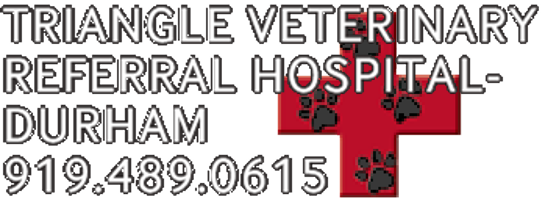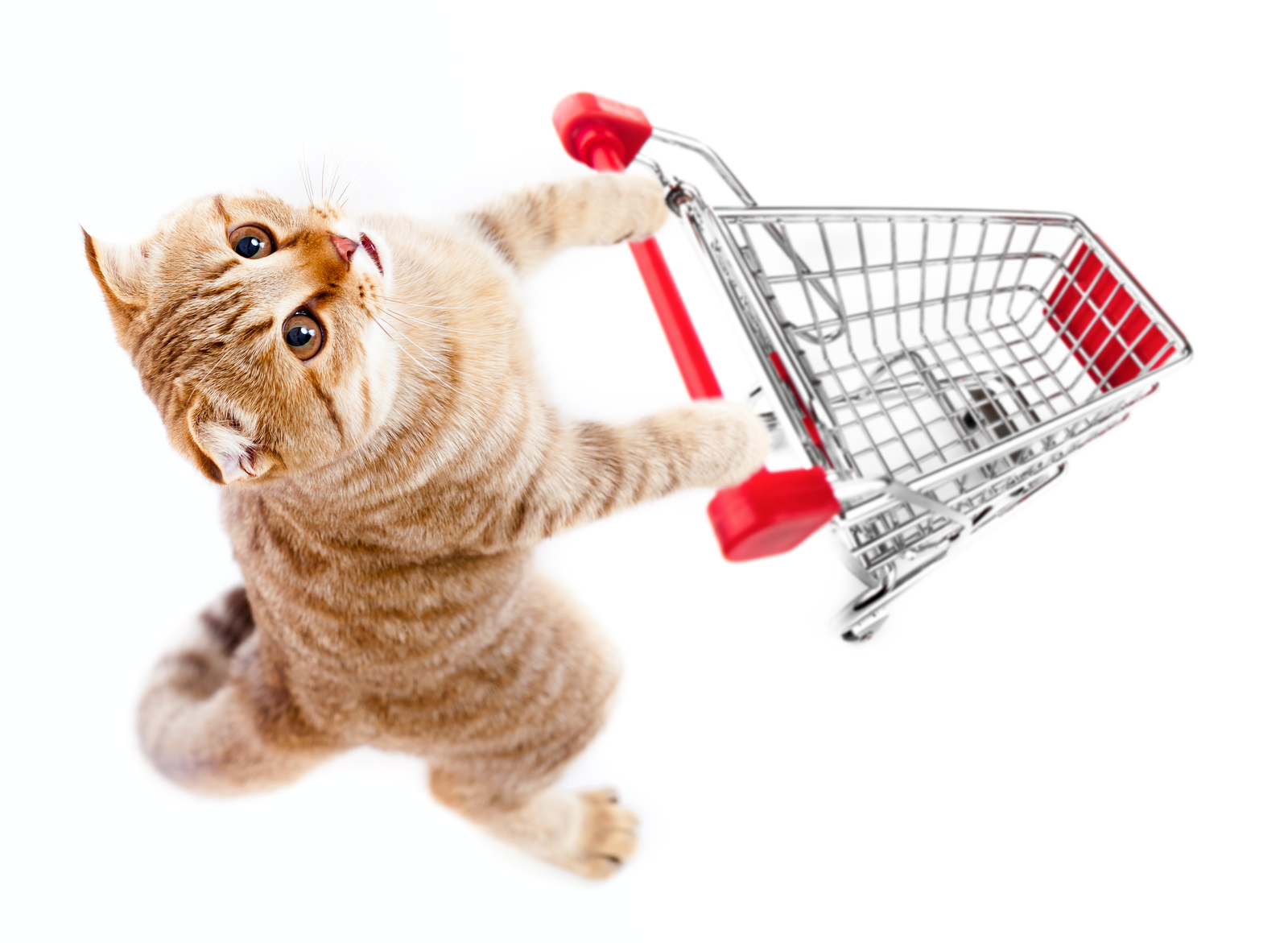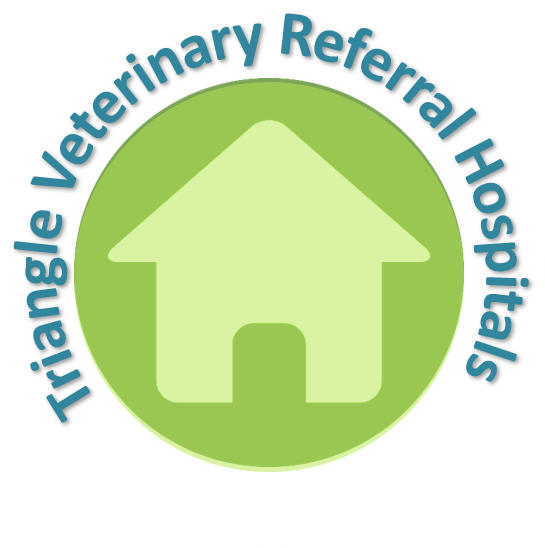At this time of the year, many people think about giving to homeless shelters, soup kitchens or children’s charities. While these are great causes to donate to, some other causes fly under the radar. While animals don’t understand the traditions of this time of year, they are also in need of help. As animal lovers, we are asking for your help to give back to animals that aren’t lucky enough to have a warm home or a loving person taking care of them. We are holding a donation drive for some local animal welfare organizations. This year we are collecting donations for the Animal Protection Society of Durham and CLAWS Inc. By giving to these two organizations, you are helping improve the life of animals at the shelter and injured or rescued wildlife.
The Animal Protection Society of Durham (APS) is our local animal shelter; They take care of stray dogs and cats. They provide housing, food and medical treatment if needed. Things needed for the shelter are:
- Pedigree Small Bite dry dog food
- Purina One dry adult cat and kitten food
- Friskies canned poultry platter
- Non-clumping kitty litter (preferably Tidy Cat)
- Large sized Kong toys for dogs over 40 lbs.
- Peanut butter (all brands and sizes)
- Bedding for dogs and cats (fleece blankets can be found at Walmart for $2.88 ea.)
- Toys new and used (clean and in good condition like the expensive toys you buy for your cat that would rather play with rolled up paper)
- Collars and leashes
- Bleach and other disinfectants.
If you’d like more information on the APS, please visit their website - http://www.apsofdurham.org. You can learn about volunteering, meet a potential new family member or make a monetary donation.
CLAWS Inc is a local non-profit organization that provides education, rescue and rehabilitation for both wildlife and exotic species. They have helped many raptors (hawks, owls, etc.), song birds, otters and skunks just to name a few; We rely heavily on their assistance when we have wildlife emergencies. CLAWS does not receive government funding and relies heavily on donations to continue their work.
Some things to donate would be:
- Gas cards - They spend a lot of time on the road picking up animals in need of rehabilitation.
- Solid sided crates of all sizes (dog and cat type)
- NUTS, NUTS and more NUTS, including acorns! If you have these in your yard that you do not need, please consider raking them up, bagging them and donating them to the animals at CLAWS!!!
- Paper Towels - you would not believe the number of these they go through
- Clorox Wipes
- Rattles for the Owls (yes, actual baby rattles)
- Pack n Play type play pen WITH a top that zips. Animals can, and do climb
- Multi-level ferret type cages
- Critter Beds
- Snugglesafes - to keep the animals warm and safe in the winter months
- Canned goats milk
- Gift Certificates to PetSmart or Ferret Depot
For more information on CLAWS, please see http://www.nc-claws.org. You can check availability for educational opportunities, sponsor a rehabilitated or resident animal or make a donation on their website.
We will accept donations for both organizations throughout the end of the year. If you’d like to learn more about either of these organizations or think you can help in an alternate way, please let us know!











